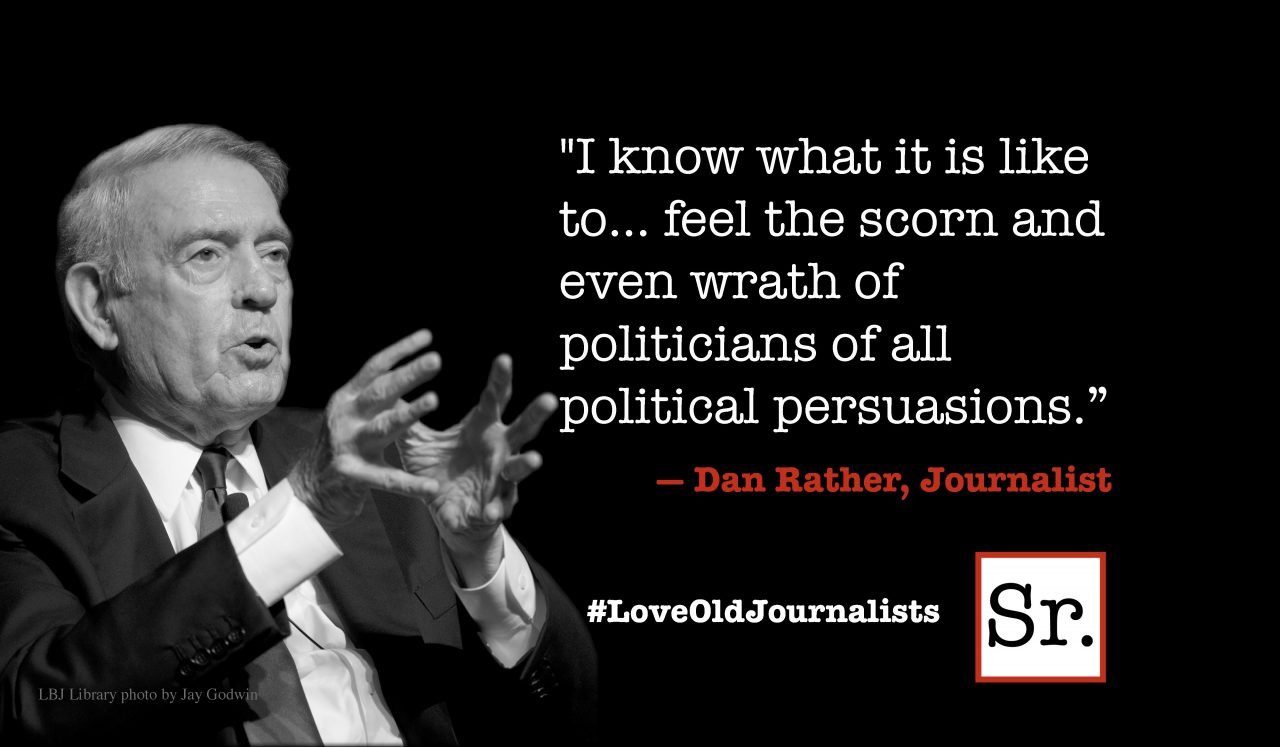As I continue to follow my own advice and pass the magnet of memory over my life, there are two names that did not need to pop up, because they remain firmly in my consciousness. Yet in all the years in which I have produced these weekly columns I have never written about either of them. (Why that is true is a matter to be discussed with my analyst — if I had one.) I refer to Charles Henry Bayer, Sr. and Helen Grover Bayer — my parents. Since my parents were individuals, I will write about them one at a time, beginning this week with my father.
There never was a kinder, more gentle man than my Dad. I suppose lots of children would make similar comments about their fathers. In this case it is true! The family was not financially able for him to finish high school, but nevertheless during my early childhood he graduated from a university by taking night classes and passing exams. He had briefly wanted to become a pastor, but after a year of Bible classes by mail, that dream became a financial impossibility. He was never more proud of me than he was the week I came home from church camp and announced that I had decided to be a minister. My decision somehow fulfilled his own dream.
My first memory of Dad centers around the times he and his father, “Pop-Pop” would walk to the rail yards in Philadelphia to gather lumps of coal that had fallen off the trains’ tenders, and then sell them in coffee can on the city streets. That’s how we made it through the Depression. Nevertheless, combining brilliance and hard work, he eventually became an assistant to the Vice President of Engineering and Design at General Electric, and was finally head of engineering at one of GE’s major plants. Late in his career he was the corporation’s representative in Europe. He got along with everyone, and the company knew it. (I wanted to mention the importance of his vocation, but this column is not about that, but about our relationship.)
He and I did lots of fun things together, from fishing trips on the Jersey coast where for a dollar we rented a rowboat, to baseball games sitting on benches in the Shibe Park bleachers. When I was five my brother, Peter, began to go with us.
I never heard my father say an unkind word about anyone, except the time that he called Brother Fox an “old goat” when that church member objected to welcoming a “colored” couple who wanted to join our congregation. Racism was not to be tolerated! They finally did join, with my parents acting as their sponsors. A couple of years later our church gave birth to a largely Black congregation. My father was its lay leader until the new fellowship had gotten on its feet. He was also the financial backbone of this new church.
I supposed I learned from him that no negative thought about anything or anyone should ever be lodged in one’s heart alone be expressed. If he faced a problem we would never know it, except that we observed he would suffer for days from hives that covered his body. The only relief was to be immersed in our bathtub filled with cold water laced with some sort of anti-itch medication. But there was never a complaint. Only the positive about life was to be articulated.
That absolute perspective also had its dark side. When the surgeon met us in the hospital waiting room, having operated on my mother who had liver cancer, and said that there was nothing he could do, my father thanked him for his good work, and suggested we go to a nearby Italian restaurant — but never a word about the devastating news. He could not handle the inevitable, and when mother died he refused to talk about it — so we never did.
When my brother, Peter was dying, Peter and I both broke into hard deep sobs when Dad arrived at the hospital. It was the first time they had seen each other following a two-year-old argument. Dad immediately reminded us, that we didn’t cry in our family. Oh yes we do Dad, as both of us realized during his last illness, as I prayed with him. Is it any wonder there was the fiction in our family that we never allowed a negative thought to take residence? When John, my son, was killed, Dad announced that a head cold would prevent him from attending the funeral just a mile from where he lived. It was just Dad who “could not do that.” What I knew, however, was the depth of grief that he secretly carried throughout much of his life.
Over my years I have probably internalized much that needed to be expressed. But unlike Dad I could not always keep it hidden. When John, my son, was killed, it was two months before I could make it through a church service without breaking up. The magnificent Missouri congregation would weep with me until I was able to continue. Keeping it all submerged has often haunted me, and it has taken me years to conquer that way of not dealing with the hard issues of life.
Like many of us, I profoundly regret my failure to tell my father how much I loved him. Nevertheless, I have never doubted his blessing on me, even if he might never have realized the depths of my thanks to him and my blessing on the man he was for me. He is now enshrined in one of those niches at University Church, Chicago, even if the niche appears to be empty.









